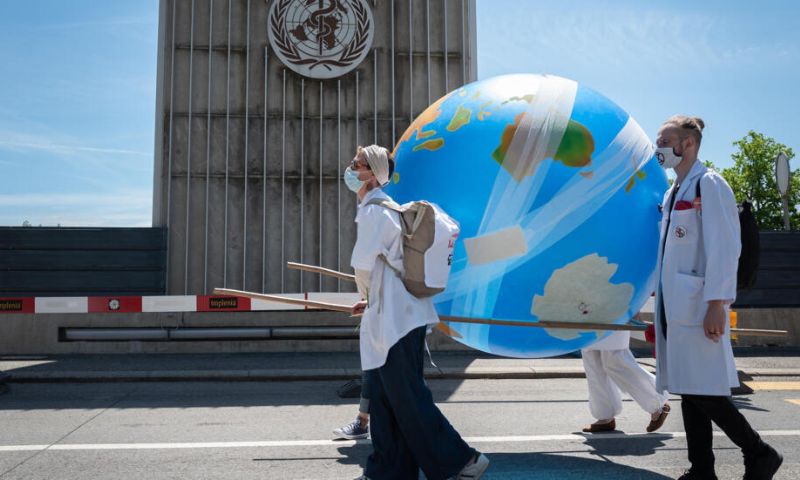GENEVA: The United Nations sounded the alarm on Monday, highlighting the significant health risks faced by a vast majority of global workers due to climate change. The International Labour Organization (ILO) cautioned that current regulations fall short of providing adequate protection.
According to the ILO report, an alarming number of workers are already exposed to climate-related hazards in their workplaces, a trend expected to worsen.
Particularly, farm laborers and those engaged in heavy work in hot climates face a multitude of risks, including excessive heat, UV radiation, air pollution, vector-borne diseases, and exposure to agrochemicals. Workers in poorly ventilated indoor environments are also vulnerable.
The report revealed that in 2020, an estimated 2.4 billion workers, representing over 70% of the global workforce, encountered excessive heat at some point. This figure marks a significant increase over two decades, with exposure rising by 35%. Manal Azzi, the ILO’s senior specialist on occupational safety and health, emphasized the severity of the issue, noting that workers are often overlooked in discussions about climate change.
The health impacts of climate change on workers extend beyond heat exposure. The report cited numerous health conditions linked to climate change, including cancer, cardiovascular disease, respiratory illnesses, kidney dysfunction, and mental health disorders. Moreover, approximately 1.6 billion workers face exposure to UV radiation annually, leading to thousands of deaths from non-melanoma skin cancer.
Furthermore, millions of workers are exposed to workplace pollution, pesticides, and vector-borne diseases, resulting in significant health burdens and thousands of fatalities each year. Azzi emphasized the urgent need for occupational safety and health considerations to be integrated into climate change responses.
The ILO underscored the necessity for countries to reassess existing legislation or implement new regulations to adequately protect workers from climate change hazards. To address this issue, the agency plans to convene an expert meeting next year involving representatives from employers, labor organizations, and governments to develop fresh policy recommendations.























